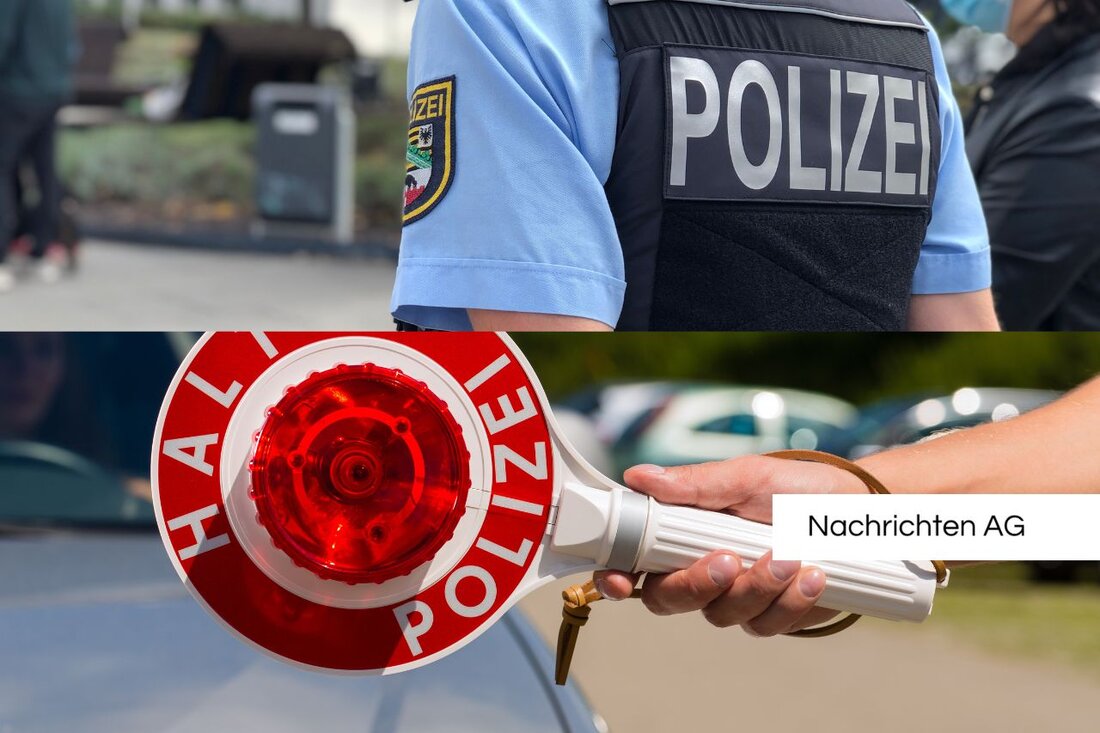After the killing spree in Graz: Politics plans drastic weapons laws!
After the killing spree in Graz: Politics plans drastic weapons laws!
in Graz, Austria, has triggered an intensive discussion about strict weapons laws in which eleven people, including young students and a teacher, were killed. The 21-year-old perpetrator had a legally acquired pistol and a shotgun and had passed a psychological test with civilian authorities last March, which gave him access to the weapons. Nevertheless, the Armed Forces found psychological instability, which raises questions about the effectiveness of the existing regulations. Politicians from various parties are now committed to measures that are supposed to make access to weapons more difficult, while the FPÖ abbots tightening the weapons law as a "symbolic policy". Political discussions on this are running in the Federal Chancellery, and it is expected that possible changes in the law could be done quickly to prevent such incidents in the future. 5min reports of these developments.
In response to the tragedy, there is grief in Austria, accompanied by a three -day state mourning, while the flags blow on half mast. Federal President Alexander van der Bellen also commented and emphasized the need to review the Weapons Act. The current law allows adult EU citizens with residence in Austria to acquire firearms, but trade is subject to strict controls, whereby private sellers are not obliged to check whether there is a ban on weapons. While the applicable regulations for the acquisition of pistols and other firearms are considered effective, the gunman has apparently successfully overcome these hurdles, which politicians presented with new challenges. Tagesschau emphasizes that the diarrhea quota for psychological tests is only about 5%, which further heats up the discussion about necessary adjustments to the existing standards.
political reactions and demands
Mayor Elke Kahr (KPÖ) demands a comprehensive ban on weapons in the private sector. Apart from the FPÖ, political parties of all stripes are open to revisions from the Weapons Act. Discussions between the ÖVP, the SPÖ and the NEOS should quickly advance possible changes. In particular, the discussion about dealing with position data for gun ownership cards and general criteria for gun ownership is of central importance. Kleine Zeitung emphasizes the internationally different regulations and compares the gun law regulations in Austria with other countries, whereby Austria's weapons law in a European context Liberal applies.
The current figures show that 1,518,873 legal firearms are registered in Austria, with a population of almost nine million. This means that 30 firearms come to 100 people. This high number of registered weapons represents an anomally high value in a European comparison, especially if you look at the estimate of at least one million illegal weapons in Austria. The weapons law also differentiates between different categories, which further increases the complexity of the topic.
| Details | |
|---|---|
| Ort | Graz, Österreich |
| Quellen | |


Kommentare (0)